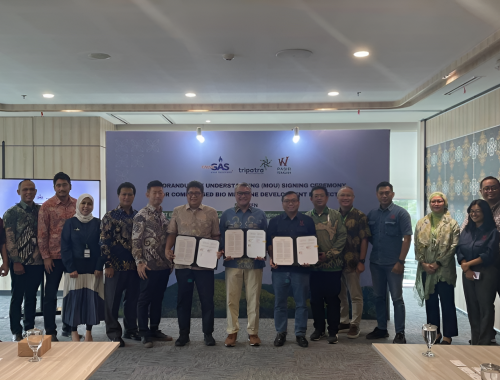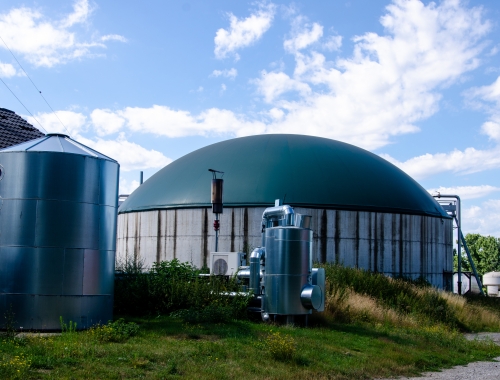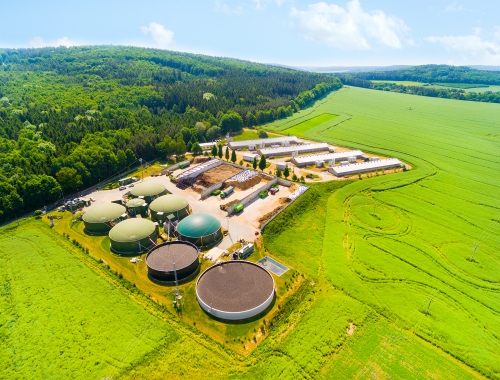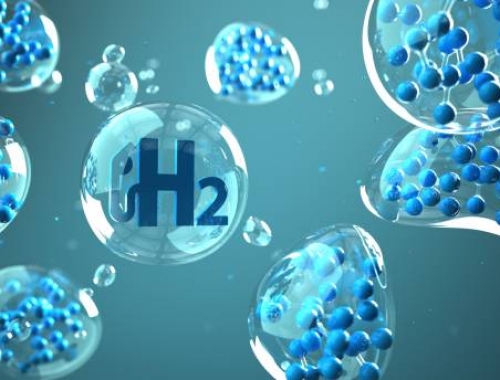Shell inaugurates Germany's largest bio-LNG production plant
SUMMARY
The plant can produce approximately 100,000 tonnes/year of bio-LNG. [Image: Shell Germany]
By Shardul SharmaPOSTED IN:
Shell Germany on April 18 announced the commissioning of a new facility for the production of bio-LNG (liquefied biomethane) in the Energy and Chemicals Park Rhineland near Cologne.
According to Shell, this plant is the largest of its kind in Germany, with a capacity to produce approximately 100,000 tonnes/year of bio-LNG. This production capacity will facilitate the refueling of 4,000-5,000 LNG trucks annually.
"We want to serve the entire value chain for bio-LNG. To this end, Shell has already established a Europe-wide network with 90 filling stations for refueling LNG trucks, including 36 stations in Germany," Felix Faber, managing director of Shell Germany, said.
He further added, "In 2022, we acquired Europe's largest biomethane producer, NatureEnergy from Denmark, and are currently engaged in constructing additional plants in Germany. With the liquefier in the Rhineland, we are not only advancing the transformation of the location but also adding another crucial component to the value chain."
Biomethane, a sustainable gas derived from agricultural waste such as manure, liquid manure, or organic residues, serves as the feedstock for bio-LNG production. At the new facility in the Rhineland, the gas is liquefied and distributed to Shell LNG stations, where customers can refuel.
Shell Germany currently operates over 30 LNG filling stations strategically positioned along the main road freight transport routes.








